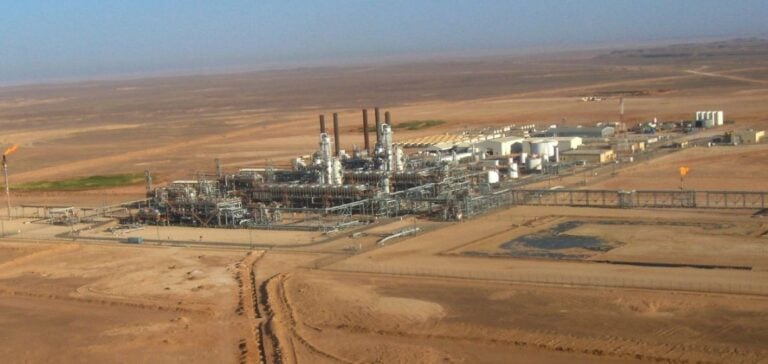SONIDEP has officially begun its oil exploration and production activities, a crucial step for Niger’s energy industry. Until now, SONIDEP has focused mainly on marketing petroleum products. This expansion marks a new era for the company and for the country, offering significant opportunities for economic growth and energy sovereignty.
Niger’s Prime Minister, Ali Mahaman Lamine Zeine, announced the initiative at a ceremony in Haïdara, in the Diffa region, underlining the importance of this initiative for Niger. “Niger has decided to produce its own oil to ensure its economic sovereignty and maximize the benefits for our people,” said the Prime Minister.
Challenges and Opportunities in Oil Exploration
The Production Sharing Contracts (PSCs) recently adopted by the Nigerien government concern oil blocks at Bilma and Agadem. Although small in size, these areas have significant potential. The proven reserves of the Bilma blocks, in particular, could enable major future developments.
China National Petroleum Corporation (CNPC ) has been operating oil wells in the Agadem region since 2011. In addition, China had invested $400 million in Niger’s oil sector by April 2024. However, with SONIDEP now taking an active part in exploration and exploitation, Niger hopes to increase its production capacity and strengthen its energy autonomy.
Political and economic context
The launch of SONIDEP’s operations takes place in a complex political context. The current military regime, led by General Abdourahamane Tiani, has adopted a series of measures to stimulate the energy sector. However, strained diplomatic relations with Benin pose challenges. As a result of these tensions, oil exports from Niger via a pipeline linking Agadem to the Beninese port of Sèmè-Kpodji are currently suspended.
Despite these obstacles, the Nigerien government remains optimistic about the future of the country’s oil industry. The country’s proven reserves are estimated at around two billion barrels, and the Zinder refinery is already producing 20,000 barrels a day of diesel and gasoline.
The development of SONIDEP as a key player in oil exploration represents a decisive step for Niger. This initiative could not only improve the country’s energy security, but also offer significant long-term economic benefits.
Diversifying partners and reducing dependence on imported petroleum products are key objectives for Niger. SONIDEP plays a central role in this strategy, exploring new reserves and increasing domestic production capacity.
The launch of exploration and production activities by SONIDEP is a major step forward for Niger’s energy industry. This could potentially transform the country’s economy, strengthen its energy independence and bring tangible benefits to the Niger population.





















